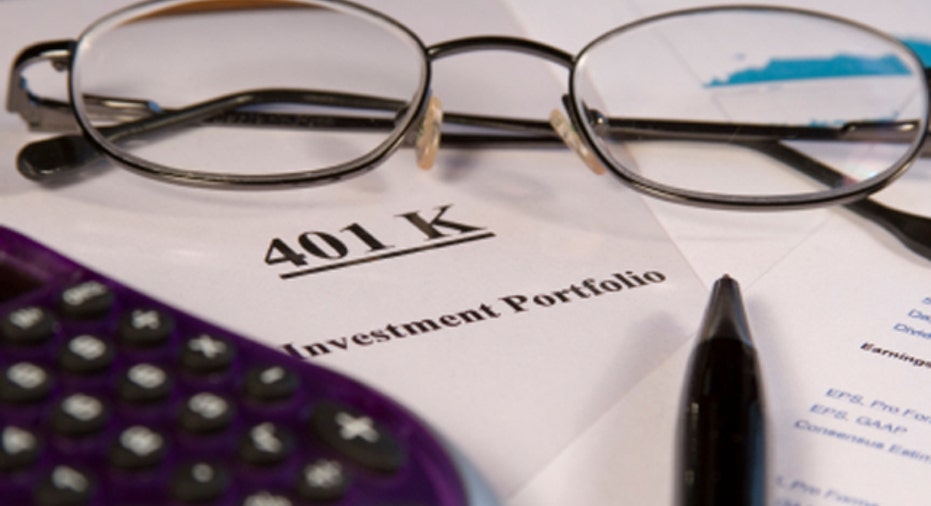How Your Old 401(k)s Are Hurting You

You abandoned them on your way up the career ladder. They sit waiting for your attention. Alone. Sad. Practically orphaned.
We’re not talking about your old work buddies who you haven’t hung out with since you started your new job. (You can call them later.) It’s your menagerie of retirement accounts at previous employers that could be a problem.
According to a new study by Employee Benefit Research Institute, people who own more than one type of retirement account are more likely to invest a higher percentage in stocks than those who don’t.
“Due to the increased participation in defined contribution retirement plans like the 401(k), the manner in which participants allocate assets within these plans could have a significant effect upon the financial resources they ultimately will have available in retirement,” says Craig Copeland, author of the EBRI study.
Translation: Having multiple retirement accounts makes it harder to know if you have the right mix of stocks, bonds and cash in your investment portfolio. That’s important because your asset allocation has a major impact on your returns. And low returns mean you will have to work longer to reach your retirement goals.
Consider clarifying your messy collection of retirement accounts by rolling them over into your new employer’s 401(k) or an individual retirement account.
Pick your new employer’s 401(k) if you like its investment options and the plan has low fees. (Visit BrightScope for ratings on more than 45,000 retirement plans.) Consolidating all your retirement money into one account will make it easier to track.
But if your employer’s retirement plan is not great, an IRA rollover might be a better option.
Check out LearnVest’s step-by-step guide to 401(k) rollovers.
The post How Your Old 401(k)s Are Hurting You appeared first on LearnVest.



















